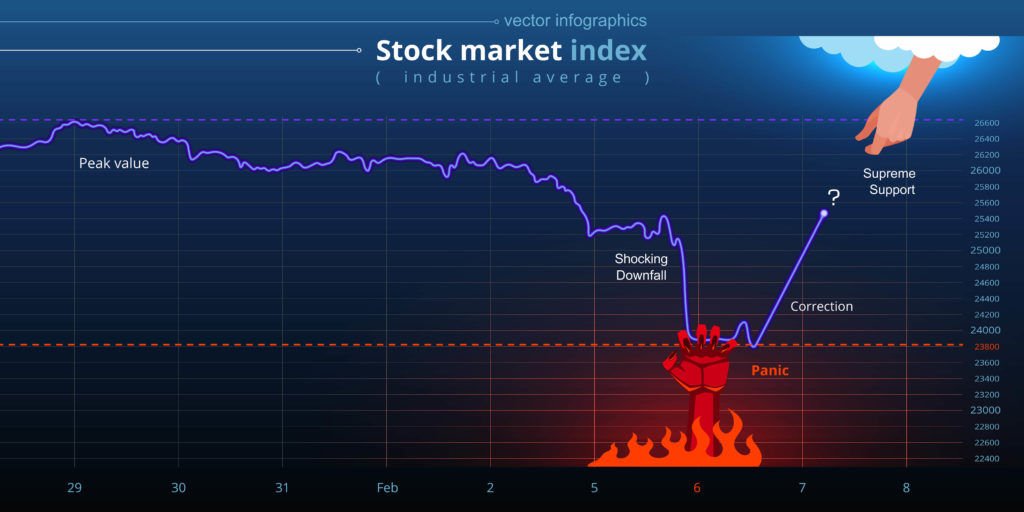The stock market took a dip on Monday upon reports swirling that President Donald Trump is set to unleash a 15% increase on tariffs on Chinese imports, so is now the time to get out while the getting is good, or stick it out?
Fundstrat Global Advisors Analyst Thomas Lee said in a Monday research note to investors that not only should they stick it out, but they should buy the dip.
Trump ramped up trade and market pressures with tweets on Sunday and Monday, saying he will raise tariffs on $200 billion worth of Chinese goods to 25%, up from the current 10% rate, threatening a trade truce that has been in place since December.
The tweets roiled markets, though there was a late-day rebound that saw the S&P 500 lose about 0.4%, the Dow about 0.3% and the Nasdaq about 0.5% Monday.
By 2 p.m. Tuesday on the East Coast, both S&P 500 and Dow fell an additional 2%, and the Nasdaq fell another 2.3%.
But Lee says investors should hold the line instead of taking profits from the recent record highs. If you sell, Lee says, it might be a lost opportunity for market bulls because bullish factors remain in force.
“Retail investors have been selling stocks and buying bonds so far in 2019. And hedge fund net long positions are among the lowest levels in 5 years. Hence, only the long only funds are fully exposed to equities. With so much on the sidelines, markets near highs, and with manager underperformance, we see this dry powder as a key dynamic,” he wrote.
Lee also said that the trade fight could prompt the Fed to remain market friendly and hold off on any further rate increases in the near-term.
“Unlike 2018, where the Fed seemed blinded by data dependency,” he wrote, “we believe any mounting financial stress will be met by an eventual Fed response.”
In December as the market roiled, the Fed switched from predicting at least two rate increases for 2019 to a “pause,” meaning it would hold off on implementing new rate hikes after raising its benchmark interest rate four times in 2018.
The u-turn in philosophy helped pave the way for monster gains through the first quarter of 2019 and the market forged ahead all the way to last September’s record highs before this week’s collapse.
